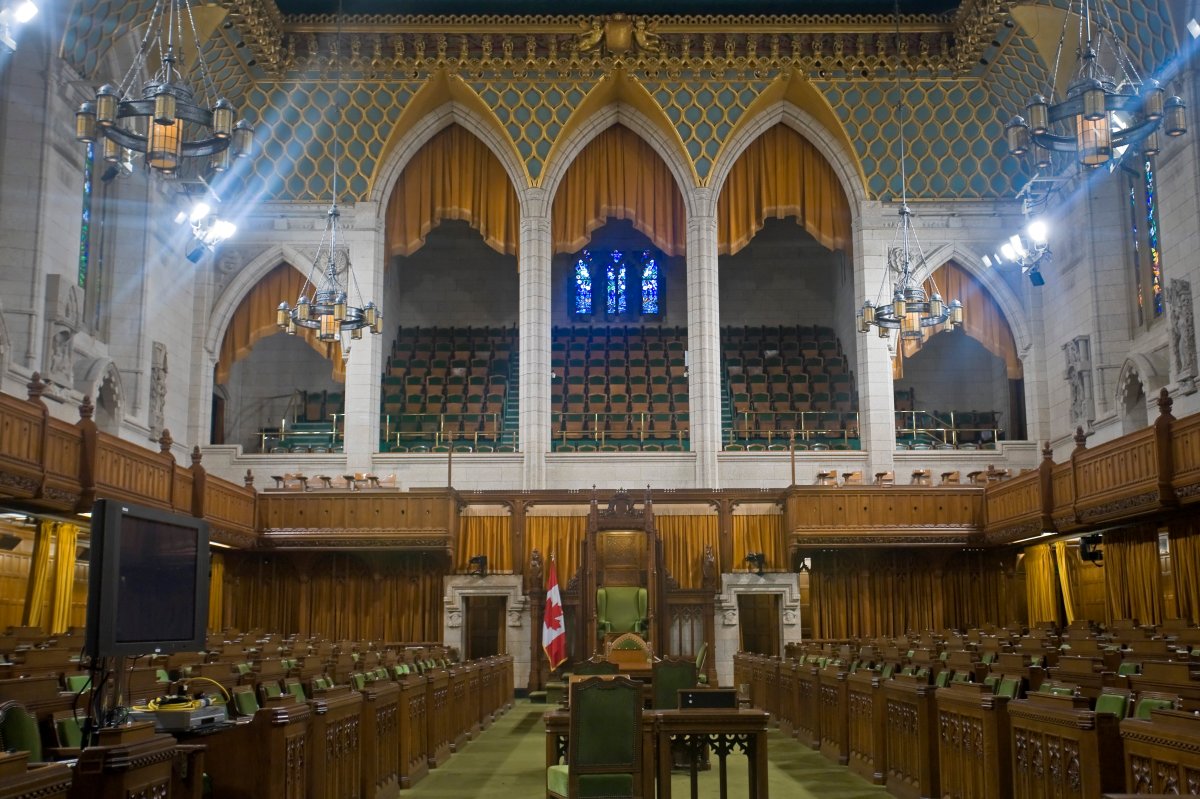Two politicians hold a similar view on a policy, but one poses a bigger threat to Canada simply because of his stature in the House of Commons.

At least that’s Justice Minister Peter MacKay’s argument.
The minister was discussing legalizing pot, something he opposes and has characterized plainly as “bad policy.” Liberal leader Justin Trudeau and Conservative backbencher Scott Reid, however, think otherwise.
Both have separately explained to students why they favour legalizing marijuana—Trudeau while in Brandon, Man. last week, and Reid, just two months ago.
But Trudeau’s actions fare far worse than Reid’s, the justice minister said in an interview on The West Block with Tom Clark on Sunday.
“I disagree with Scott Reid as well, but I can tell you number one, he’s not a leader. He’s not in a position to ever change the law,” MacKay said.
Watch: Justice Minister Peter MacKay explains his difference of opinion between two similar stances on legalizing marijuana
MacKay’s logic holds that a backbench MP on the government side wields less power than the leader of the third party in the House of Commons.

Get breaking National news
Practically, the backbencher might exert less power because of a perceived need to fall in line with the prime minister and cabinet.
But on paper, there is no reason a government backbencher should be viewed as incapable of influencing law. The current incarnation of the Conservative caucus proves just that.
Backbenchers—or any MP that is not a cabinet minister, junior minister or parliamentary secretary—can move a private member’s bill, which is any proposed legislation not part of the government’s official agenda.
Through private member’s bills, Manitoba Conservative MP Joy Smith proposed and successfully passed two amendments to the Criminal Code, both relating to human trafficking.
Her caucus colleagues, Alberta MP Blake Richards and British Columbia MP David Wilks also saw their proposed amendments to the Criminal Code passed. Richards’ made it an offence to wear a mask while participating in a riot or unlawful assembly, while Wilks’ enacted a minimum sentence for kidnappers of children younger than 16 years old.
Another B.C. Conservative MP, Dan Albas, passed an amendment to the Importation of Intoxicating Liquors Act, allowing consumers to transport wine over provincial borders.
- NDP to join Bloc in backing Liberals against non-confidence vote
- Macron and Trudeau will meet in Canada next week. What’s on the agenda?
- Ethics commissioner will not investigate Boissonnault over ‘Randy’ texts, says the matter is closed
- Canada gives 1st-ever peek into priorities for intelligence work
Ontario Conservative Patricia Davidson, meanwhile, managed to garner enough support to amend the Food and Drugs Act as it relates to non-corrective contact lenses.
The list of backbenchers creating or amending laws goes on—and not only in the most recent parliamentary session, but as far back as records go.
The first on record came in 1910 from Liberal MP Henry Miller, whose private member’s bill amended the Criminal Code sanctions on gambling at race tracks. And in 1925, independent MP Joseph Shaw saw his bill passed, extending the right of divorce to women.
Backbenchers have power when they choose to wield it. Regardless of whether an MP sits on the front or back benches, each must pass the same test when proposing a law or amendment to one: earning majority support in the Commons and Senate.
While it is conceivable a leader might have an easier time gathering that support, the bottom line is every MP has the same ability to propose and lobby for policy.
Reid did not respond to a request for comment.








Comments